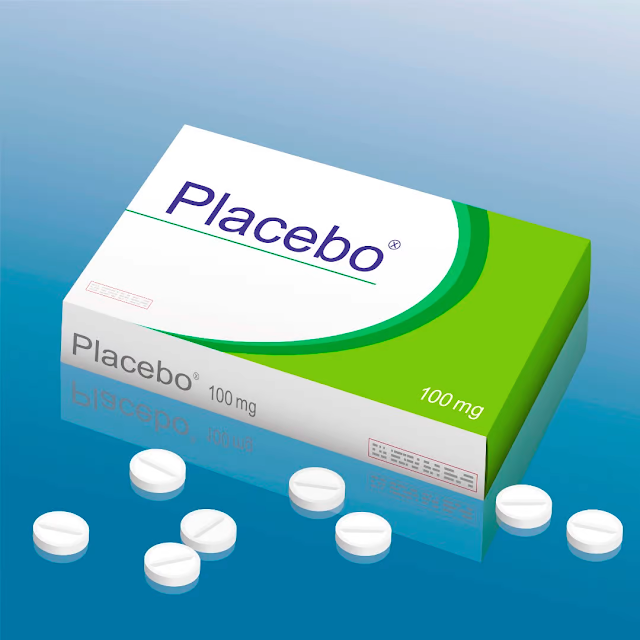Substance Addiction vs. Process Addiction
By Tyrone Totten
Tyrone is a counseling intern and graduate student working towards his Masters of Arts in Clinical Mental Health Counseling at the University of San Diego. He received his Bachelor of Arts in Child and Adolescent Development from California State University, San Marcos, and served in the United States Navy as an Information Systems Technician. Tyrone is passionate about increasing accessibility of resources, and reducing the stigma and beliefs attached to mental health for people of color.
Often when we think about addiction our minds turn to substance addiction. Substance addiction is a significant public health issue in the United States, affecting millions of individuals, families and communities. Emphasizing mental healthcare is a critical component in addressing substance addiction, as the connection between mental health and substance use disorders (SUDs) is well-documented. However, there is another form of addiction that lacks widespread recognition in the United States; Process addiction. Process or Behavioral addiction refers to when an individual becomes compulsively engaged in a specific activity or behavior. These behaviors include but are not limited to gambling, sex, shopping, gaming and working. Unlike various substance abuse disorders, the only process addiction recognized as a diagnosable condition in the Diagnostic and Statistical Manual for Mental Disorders (DSM-5 TR) is gambling addiction.Cultural differences in treating substance addiction vs process addiction
During my recent trip abroad to study gaming addiction in Seoul, South Korea, I was exposed to the stark contrast in the emphasis that South Koreans place on treating process addiction as compared to substance addiction. Process addictions such as gaming, internet and smartphone addictions are significant societal issues in South Korea due to the country’s advanced technology infrastructure and deeply ingrained gaming culture. As the United States places importance on treating substance addiction, South Korea places importance on treating gaming and internet addiction through government funded rehabilitation centers that provide therapy and counseling. There is a misconception in the United States that process addictions are simply bad habits or lack of willpower, rather than legitimizing them as serious concerns. It is crucial that we understand the importance of recognizing and treating process addictions.What is Substance Addiction?
- Substance addiction involves a physical and psychological dependence on a specific substance, such as alcohol, drugs, nicotine, or prescription medication
- The substance alters brain chemistry, particularly in the reward system, leading to cravings and withdrawal symptoms when not consumed
- Common types of substance addiction include alcohol addiction, opioid addiction, cocaine addiction, marijuana addiction and nicotine addiction
What is Process Addiction?
- Process addiction involves compulsive engagement in a specific behavior or activity despite negative consequences, without the involvement of a substance
- The activity triggers the release of chemicals including dopamine, reinforcing the behavior, and creating a cycle of dependency
- Common types of process addictions include gambling addiction, gaming addiction, internet addiction, shopping addiction, food addiction and sex addiction
Similarities
- Reward pathway: Both activate the brain’s reward system, reinforcing the behavior or substance use
- Cycle of dependence: Both involve cycles of craving, engagement, and guilt or shame
- Impact on life: Both can disrupt relationships, work, and health
- Co-occurrence: Substance and Process addictions often co-occur, as one can trigger or substitute for the other. Both substance and process addiction also involve co-occurring mental health disorders such as anxiety and depression
On-campus Resource for Addiction
- Recovery Support Group
- Wednesdays 12pm-1pm. An anonymous mutual support group using a self-empowering SMART Recovery Oriented approach to change. Please email twatts@miracosta.edu for more information and Zoom link.




Comments
Post a Comment